Jurgen Klopp‘s resignation announcement brought the club to a standstill, the modern-day version of when Bill Shankly sent shockwaves through the city as news of his departure spread like wildfire.
“It’s certainly the most seismic event, taking away the tragedies, I’ve ever known in Liverpool history,” journalist John Keith told This Is Anfield of Shankly’s resignation.
“I don’t think there’ve been many bigger shocks in football, post-war, than that.”
The parallels between 1974 and 2024 are staggering, two transformative figures blindsided fans and the wider footballing world by announcing their time at Anfield was to come to an end.
Unlike phone notifications instantaneously alerting the whole world, as was the case for Klopp’s announcement, in 1974 it was word of mouth, and as you could imagine, no Red could believe what they were hearing.
“You’re having us on” was the widely accepted response when a news reporter by the name of Tony Wilson took to the streets with Shankly’s announcement, disbelief quickly turned into a state of mourning.
No one would forget where and what they were doing when the news broke.
That includes Keith, who was one of many called to a press conference on that Friday in 1974, “at noon, in the trophy room at Anfield. We thought it was a signing,” he recalled.
“We came into the trophy room and the assembled media didn’t know what was going to happen.”
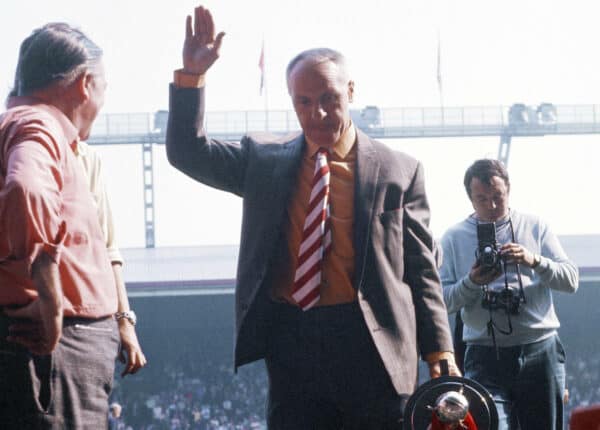
Instead, the words which would tumble out from Liverpool chairman John Smith were something no one had anticipated:
“It is with great regret that I as chairman of Liverpool Football Club have to inform you that Mr Shankly has intimated that he wishes to retire from active participation in league football.
“And the board has with extreme reluctance accepted his decision. I would like to at this stage place on record the board’s great appreciation of Mr Shankly’s magnificent achievements over the period of his managership.”
The room was crammed full of reporters and photographers, most given late notice of the events which were to transpire, with Shankly sitting to the right of Smith as his decision became public.
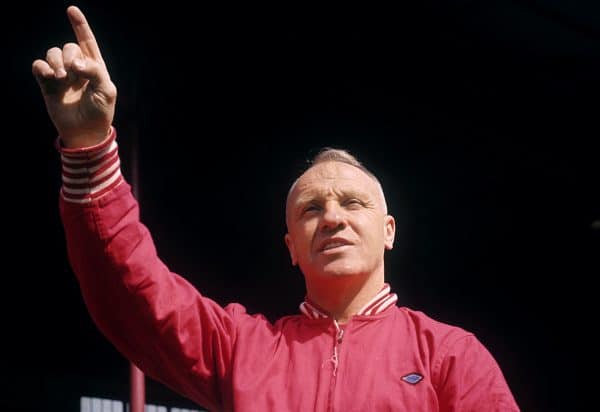
Keith reflected: “We’re in a room full of hard-bitten media people and there was an audible gasp that went up, it was unbelievable and Shanks did look quite uncomfortable.
“He thought he’d taken the right decision but I think underneath, even then, he was regretting it.”
Only months before his shock resignation, Shankly had insisted that his “career as a manager must have an abrupt end” once he had decided enough was enough.
And after 15 years of overseeing Liverpool’s remarkable rise from the Second Division to English champions, with six major honours to his name and countless changes on and off the field which transformed the club into one of the most formidable sides on the continent, he pulled the plug.
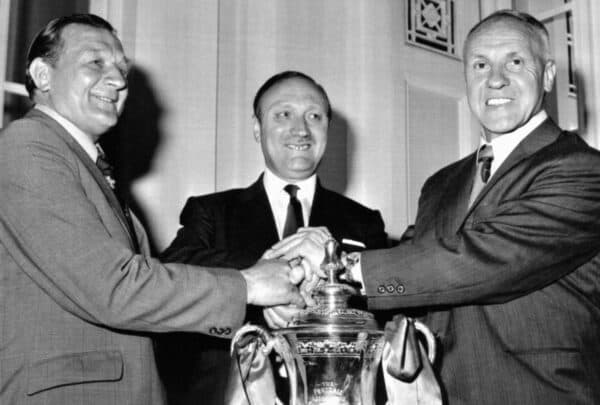
Shankly was on the cusp of turning 61 and after having “conquered Everest,” in his own words, it was time for a new chapter.
He signed off on a high, even if the masses did not know it at the time, having led the club to its second FA Cup triumph with a 3-0 win over Newcastle at Wembley.
“After the FA Cup Final, I went into the dressing room and I felt tired from all the years,” Shankly would later reveal.
And while the reasoning behind his decision was made clear, it did not stop the outpouring of shock and tributes to the man who forever altered the trajectory of Liverpool Football Club.
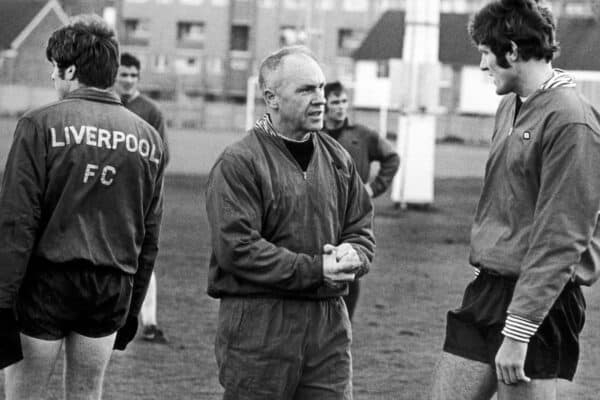
When he arrived in 1959, the Reds were in a state of disrepair, stuck in a perpetual cycle in the Second Division. He got straight to work, transforming the ethos of the club into one of seasoned winners.
Melwood would be transformed, a winning mentality engrained in the side and a fanbase unequivocally intertwined with the success on the field. He had proven successful in building a ‘bastion of invincibility’ and, more importantly, he made the people happy.
Ian St John, who Shankly had signed in 1961 and had served the Scot for 10 years, later revealed his shock at both the news and what his former boss would do to fill his spare time:
“The news came out, and I couldn’t believe it, I thought I don’t believe this is happening.
“And I suppose that at that time retirement maybe looked very nice but, you know, he didn’t have any other hobbies.”
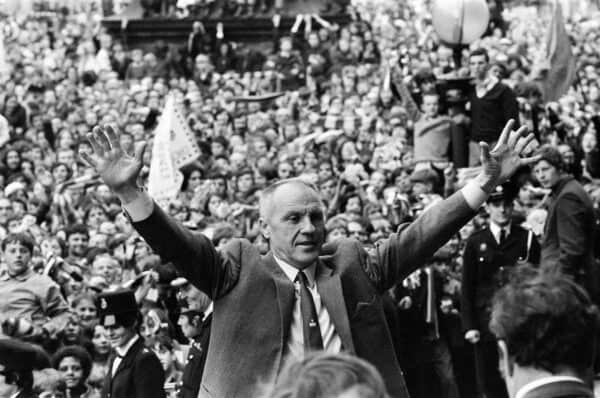
With football having occupied Shankly’s mind for over 43 years, when he started his youth career with Cronberry Eglinton, he didn’t go cold turkey as he would remain ever-present in the footballing scene on Merseyside.
After all, “he used to give Anfield as his home address on his European immigration forms when the clubs were going into communist eastern Europe, ‘home address: Anfield’,” Keith revealed.
So although Shankly would no longer be a regular fixture in the dugout at Anfield, or on the fields at Melwood, his 15 years at the helm laid the foundations for the unparalleled success that would follow both domestically and in Europe.
He had set the club up for decades of success, with Bob Paisley and Joe Fagan carrying on his legacy and values before they too saw Kenny Daglish take the reigns and play ‘The Liverpool Way.’
For all Shankly had done for the club it was no surprise that his abrupt departure left many reeling, and once the dust settled no one could question that “he made the people happy.”
Bill Shankly’s Liverpool Career
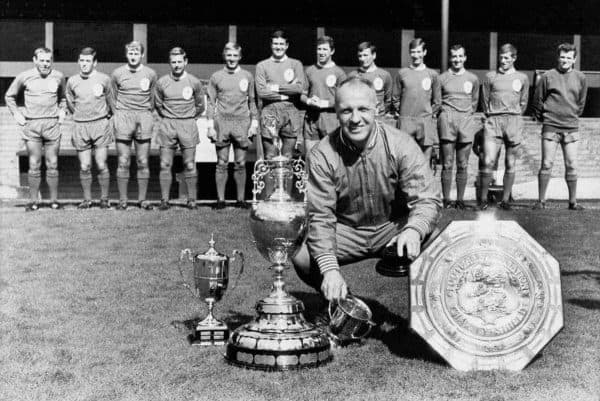
- Signed as manager: December 1, 1959
- Departed Liverpool: July 12, 1974
- Games in charge (all comps): 783
- Games won: 407
- Games drawn: 198
- Games lost: 178
- Honours: League Titles: 1963/64, 1965/66, 1972/73; Second Division 1961/62; FA Cups: 1965, 1974; UEFA Cup 1973
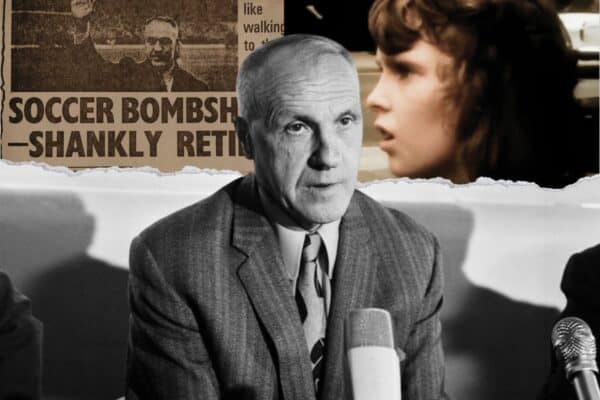
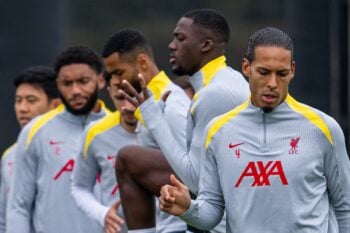
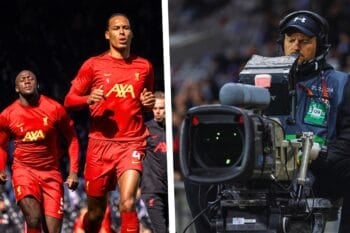

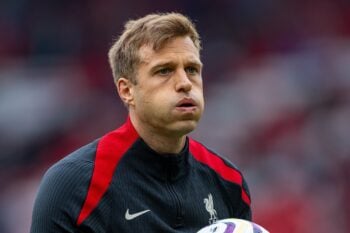
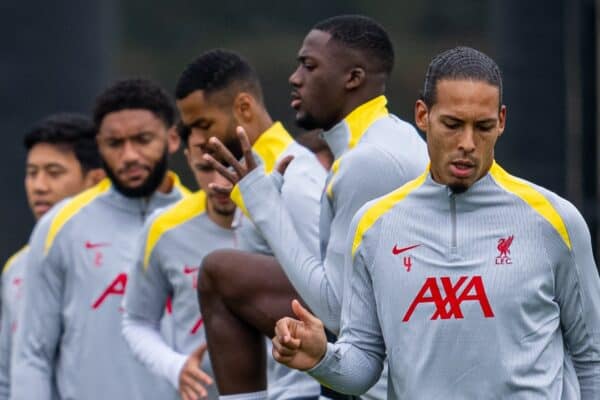
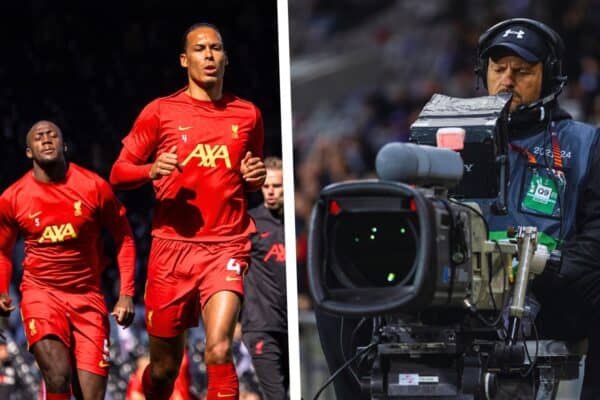
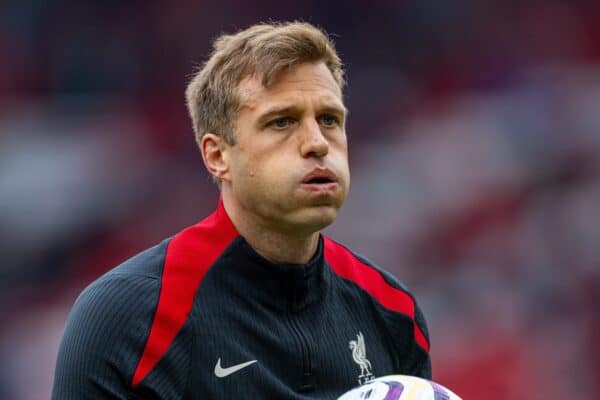


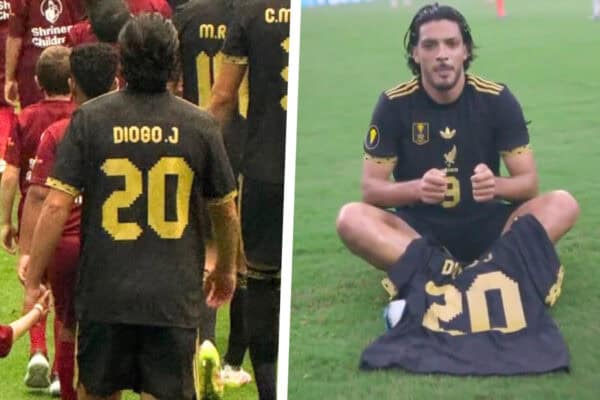
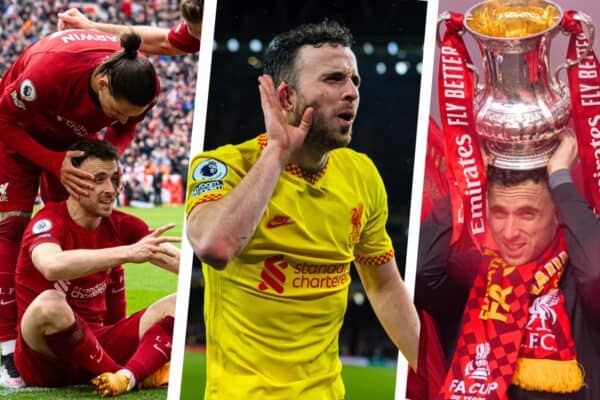
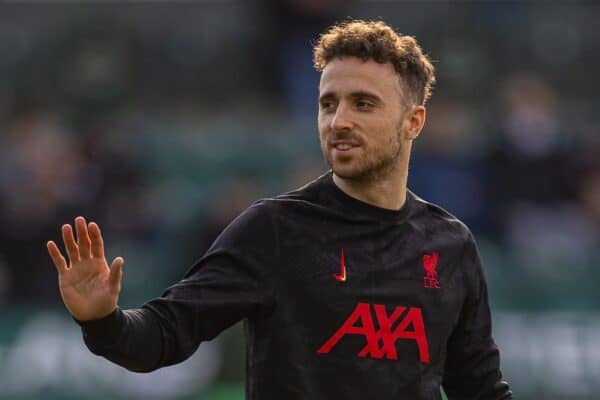



Fan Comments